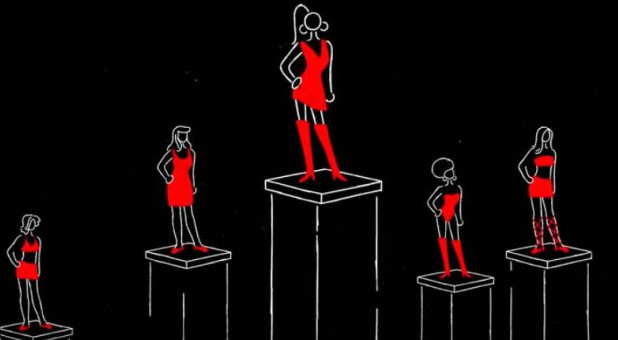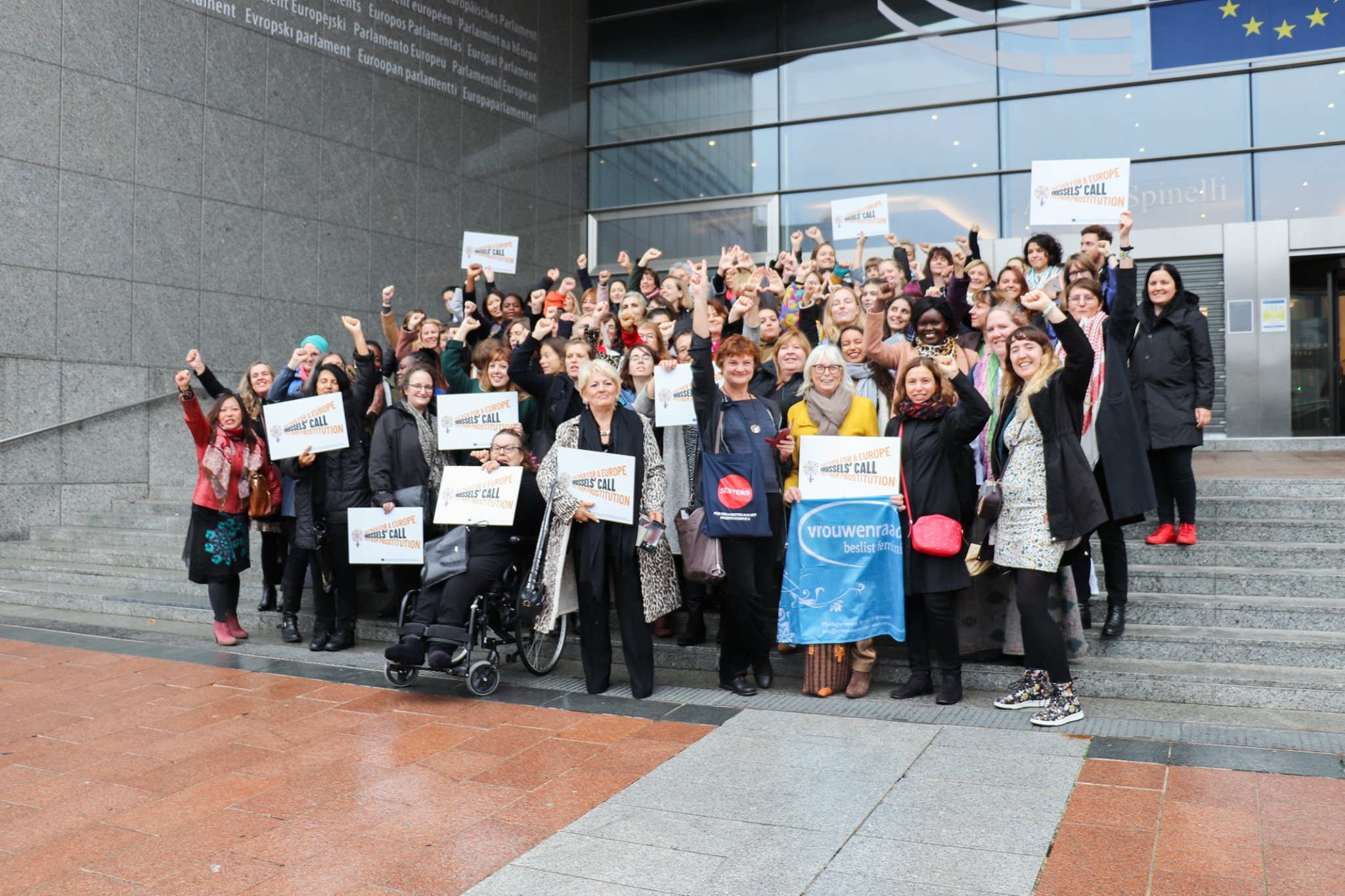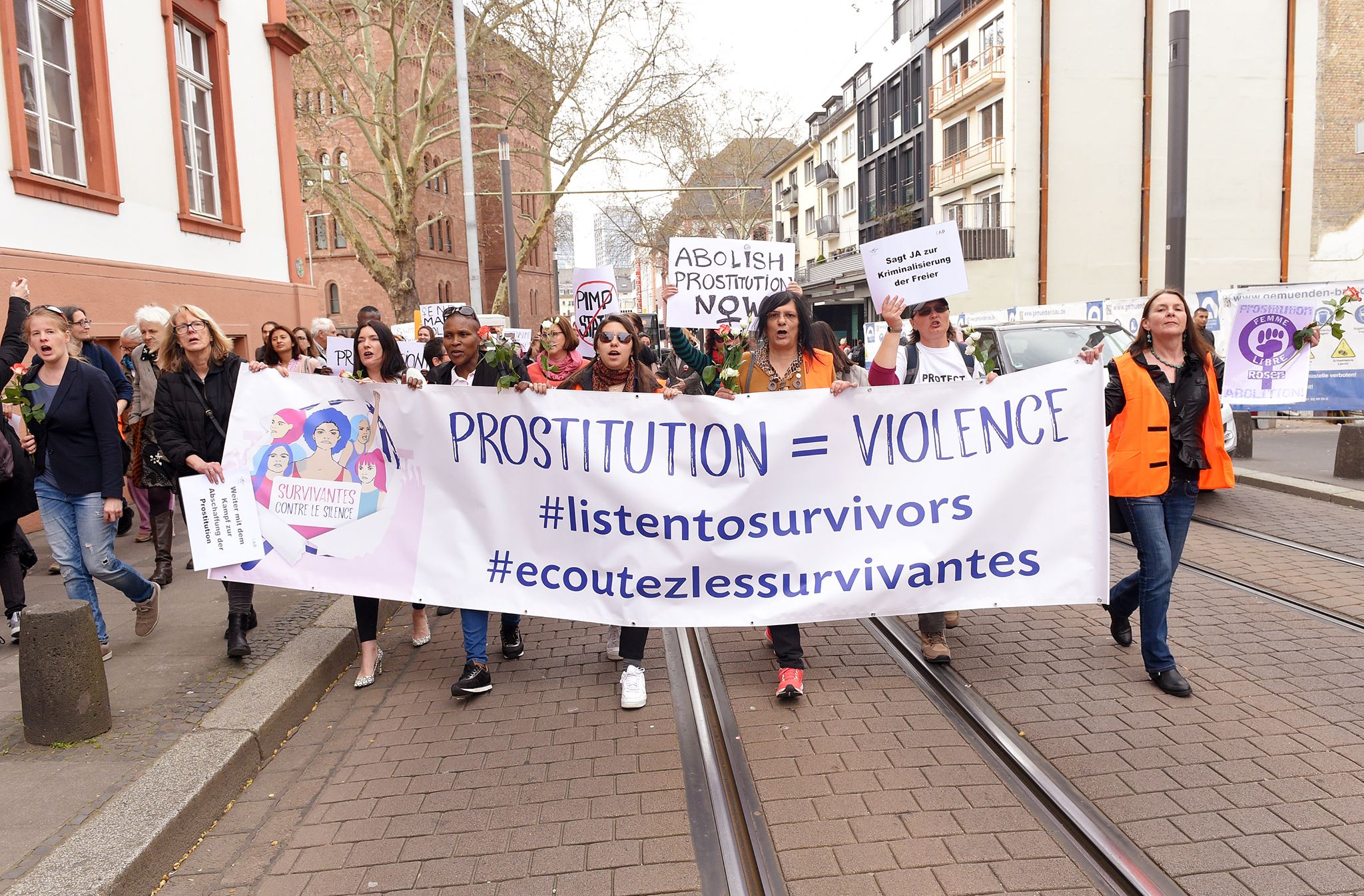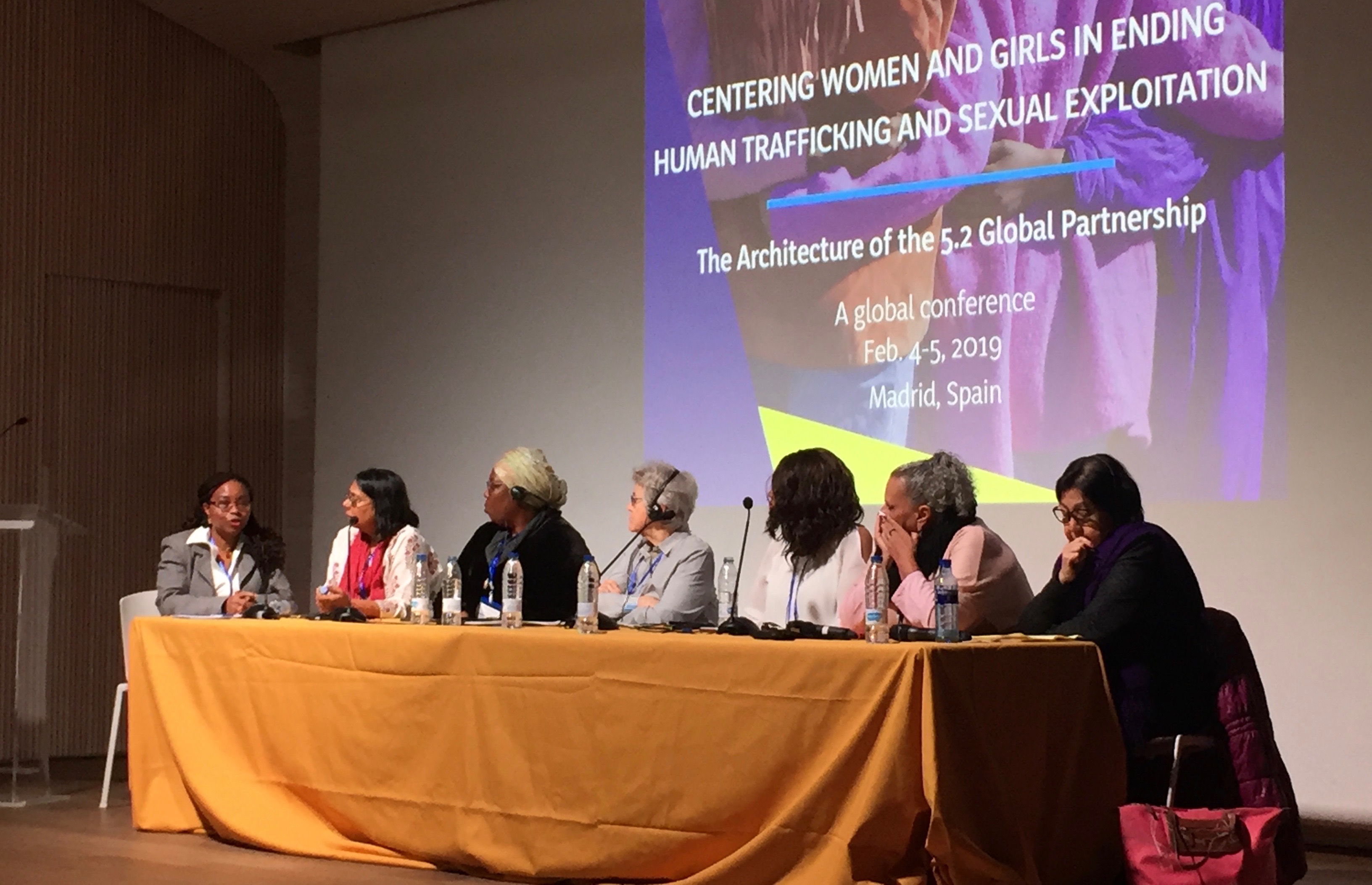In early 2020 we had the pleasure of meeting Liliam Altuntas, a Brazilian woman resident in Turin who is a survivor – or, as Liliam puts it, a warrior, a fighter – of trafficking and prostitution, an activist with Resistenza Femminista, and the protagonist of the book I Girasoli di Liliam, written by the psychologist, Teresa Giulia Canòne. Sadly, for the time being, the book is only available in Italian, but here Liliam tells part of her story – which we have translated from Italian – and what it means to her to have come out the other side, as an activist for herself and for other women.
I know what it means to hide your past… a past full of mistakes.
Sometimes not even your family want to talk to you. Nobody wants to talk to someone who does drugs, who steals, who constantly tells lies, to hear about the person I was…
Today I can truly say who I am. I am a black woman, a foreigner, even though I don’t think the word ‘foreign’ makes sense, because we’re all made of the same stuff, we all have the same bodily functions. Being in prostitution has weighed heavily on me, being someone who went from one bed to another with different men, satisfying their fantasies… For a long time I was forced into it, and then I continued because I believed that I was destined to die alone, without knowing real love…








